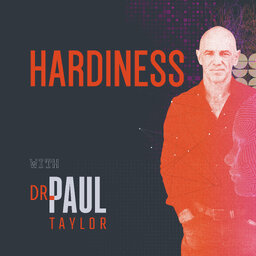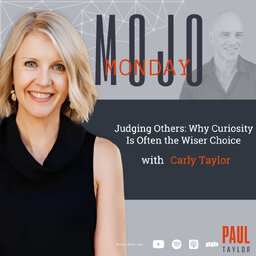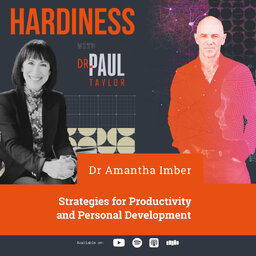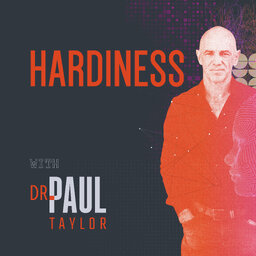Mojo Monday - Finding Balance in Goal Setting and Living In the Moment with Carly Taylor
Drawing from the wisdom of Morita Therapy and Dr Brian Ogawa;s book A River to Live by: 12 Principles of Morita Therapy, Carly explores the crucial balance between setting goals and intentions for 2025 and accepting and living fully in each moment.
 Hardiness with Dr Paul Taylor
Hardiness with Dr Paul Taylor


